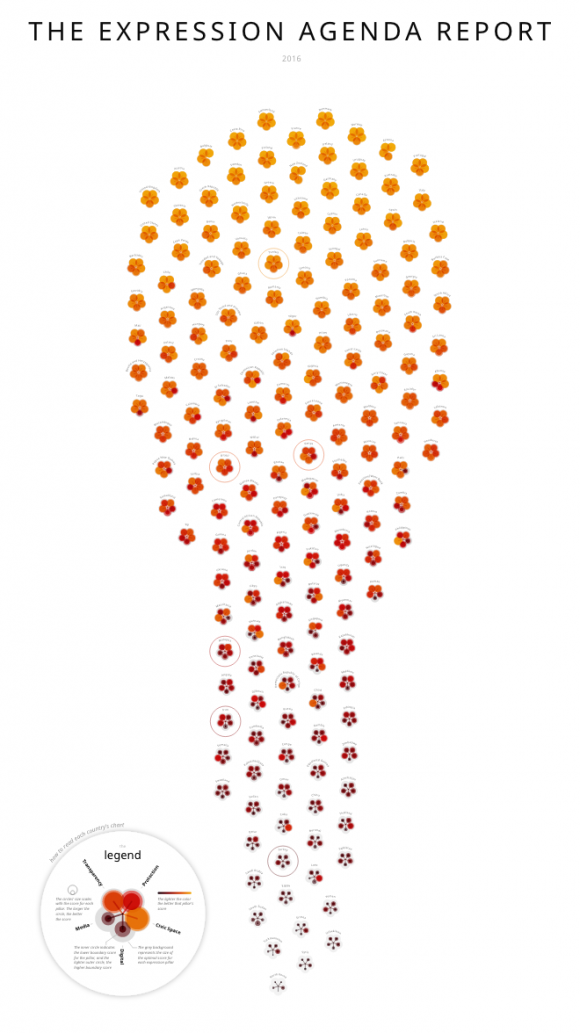
Civic tech research is scattered widely across a messy web. Here's what I track to try to keep up to date, with a focus on Google Scholar search terms for academic stuff, research websites that sometimes address civic tech, and civic tech feeds that sometimes reference research.








